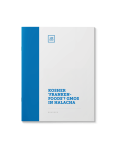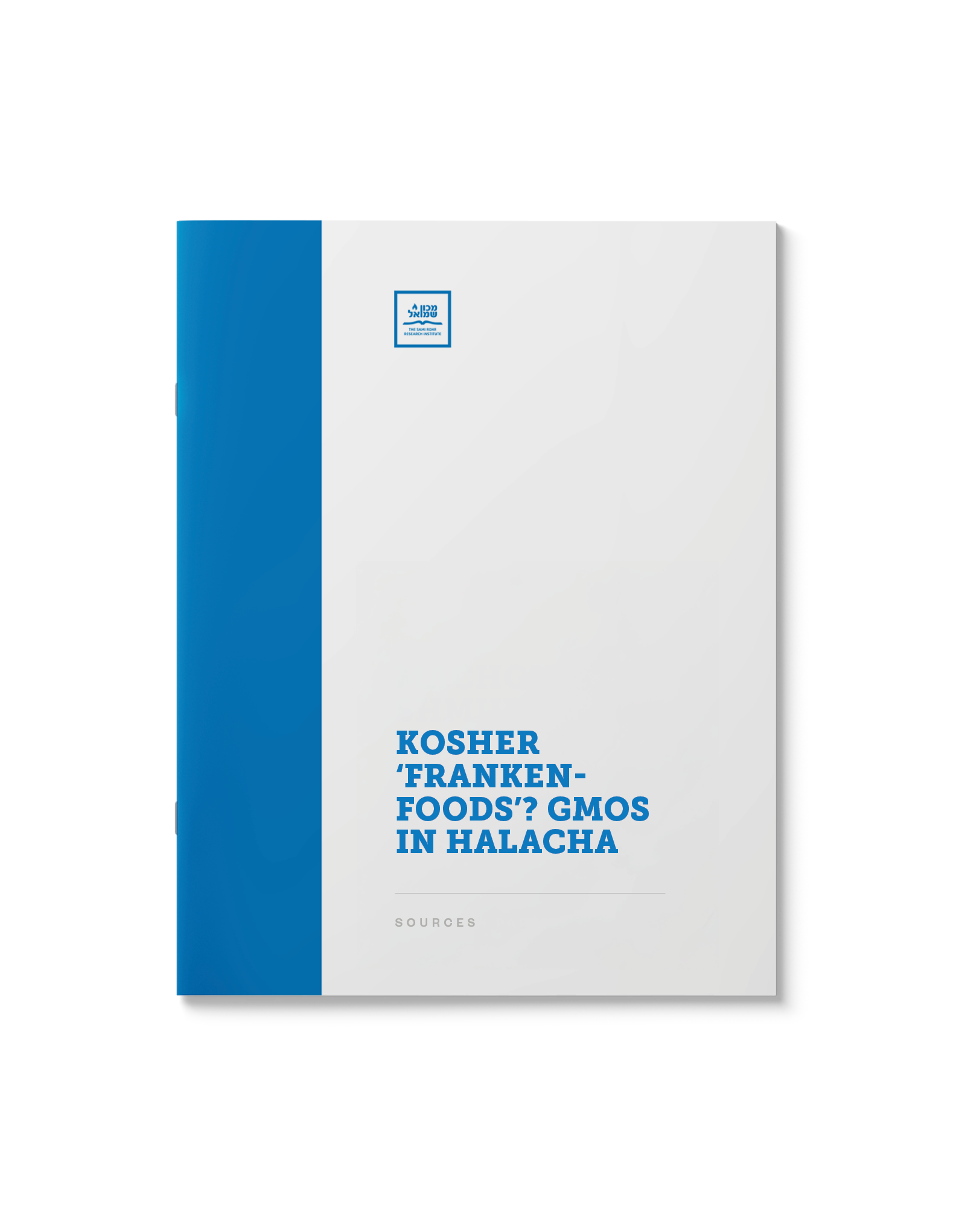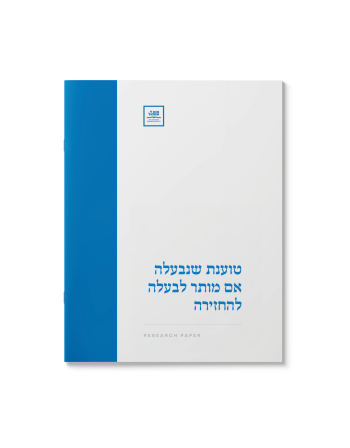Kosher ‘Frankenfoods’? GMOs in Halacha (Sources)
$75.00
Scientific advances have unlocked some of the ‘source code’ of living organisms, where by splicing genes from, say, arctic salmon into strawberries, or mice into chickens, we can produce strains of plants and animals which grow better, are more resilient, and are more beneficial economically or otherwise.
While discussion abounds regarding the long-term health effects of these developments, what is the Torah’s view on such manipulation? Do the ethos of kilayim preclude meddling in G-d’s domain? Or does the command to “fill the earth and subdue it” (Bereshis 1:28) provide the ethical mandate to do just that?
What are the Halachic ramifications? Is the act of implanting the gene –in flora or fauna- a violation of kilayim? What is the kosher status of the resulting hybrids? Does the status of the donor carryover to the recipient? What if the transferred genes affect the presence of the traditional kosher signs? (a tuna with no scales, a shark with scales)? Is an Esrog which has been thus modified considered a Murkav, disqualifying it from use for the Mitzvah?
Is there a spiritual effect? Do the characteristics of those animals which the Torah deems negative carry over into the new creature? Would consuming this (otherwise Kosher) creature bring spiritual coarseness (timtum halev)?
A collection of Tshuvos and articles in Hebrew and English.
| Language | English |
|---|---|
| Paper Type | Sources |
| Pages | 228 |
Related Products
Everyday life presents many instances where one ought to wash their hands: cutting nails, using the restroom, taking a nap, to name just a few. A review and commentary on the range of activities that require netilas yedayim.
שאלה נפוצה בדיני טבילת כלים היא לענין מכונת הקפה הביתית. האם אמנם חייבים אנו לטבול אותה? בעזרת טכנאי, המאמר שלפנינו מפרק את חלקי המכונה, ומציע מסקנה הלכתית מעשית.
כבוד ההורים היא מצוה גדולה וחשובה עד מאד. אך ממבט ההלכה, מהי הגדרת המצוה והמגבלות שלה? מהו נכלל בכבוד או במורא? למען יאריכון ימיך.
Many of contemporary society’s challenges could be remedied by the observance of the mitzvah of honoring one’s parents. Yet Kibbud Av V’Em is a broad and sweeping mitzvah with vaguely defined boundaries. To what extent are we obligated? Are we required to sacrifice our own social life to care for our parents? Does it apply to marriage partners? How do we define respect? Learn the Torah’s definition of honoring our parents.
“Do not cook a kid in its mother’s milk.”
Traditional Kosher cooking avoids all forms of meat and milk combinations, including poultry.
What is the origin of this prohibition and when did it begin?
Jewish law regulates the consumption of food cooked by a Gentile. Is microwaving considered cooking for this purpose? This paper
illustrates how the ancient kashrut laws apply to modern technologies.
עם הנבחר מתייחד בתכונותיו של רחמנות וגמילות חסד. אלא שלפעמים מתווצר גם מצב הנותן משום לשאלה: האם אפשר לכוף את העשיר לנדב מהונו לצדקה? או שמא אינו תלוי אלא בנדיבות לב של כל אחד ואחד? על מצות הצדקה ותנאיה.
A detailed look at the history and laws of yayin nesech. Can an irreligious Jew render wine yayin nesech? Is pouring wine part of the prohibition? What difference does pasteurization make?
Your hostess has labored to prepare a tongue tantalizing gourmet dinner, but alas – her fine china dishes were never ritually purified by immersion in a Mikvah. How do you navigate this delicate situation?
Where should a mezuzah go? An analysis of the Chabad approach, where the mezuzah is placed on the doorpost opposite the hinges.
In addition to the Prohoibition against Gambling, observant Jews seem to have an aversion to the standard deck of playing cards.
What could be wrong with an innocent game of Solitaire?















